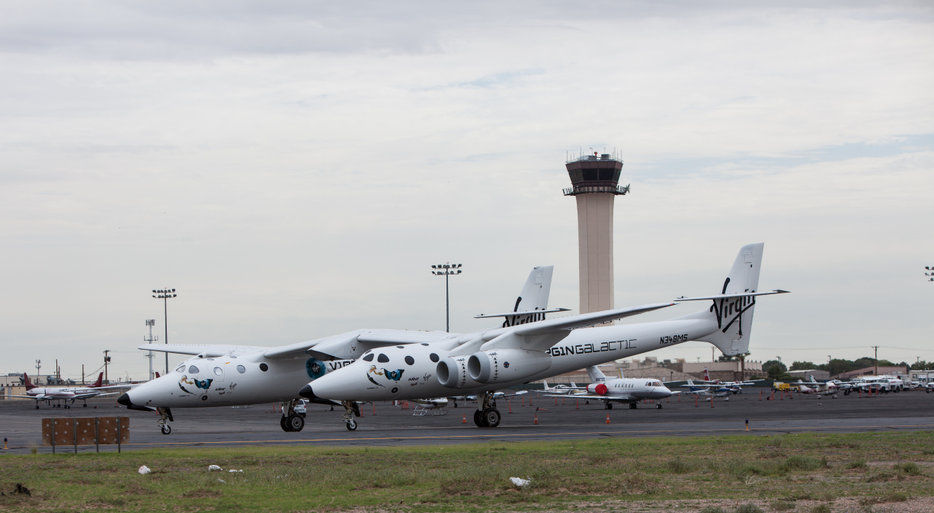Virgin Galactic stock price has collapsed by over 87% this year, a trend that could keep getting worse in the coming months. SPCE shares have plunged by over 90% from its all-time high, erasing billions of dollars in value. It was trading at $6.22, giving it a market cap of over $179 million.
Virgin Galactic stock is crashing
The SPCE share price has remained under pressure in the past few weeks. It dropped to a low of $6.2 on Friday, retesting the ascending trendline that connects the lowest swing since August 7.
This sell-off accelerated after the company published its financial results and announced a new at the market (ATM) offering.
As expected, the company made little revenue of just $402,000 because it has paused most of its tourist trips as it builds its bigger crafts.
On the daily chart, the stock has formed an ascending channel shown in orange. It then dropped to the lower side of the lower side of this channel.
It has also moved below the 50-day and 100-day moving averages, while the Relative Strength Index (RSI) and the MACD indicator have pointed downwards. Therefore, there are signs that the stock will soon have a strong bearish breakout, with the next point to watch being the year-to-date low of $5.17.
The bearish view will become invalidated if the stock rises above $8, the upper side of the narrow ascending channel. If this happens, it will raise the possibility that the Virgin Galactic stock will rise to $10.
SPCE faces major challenges ahead
Virgin Galactic, a company started by Richard Branson, has been hemorrhaging cash for decades as it seeks to become the biggest player in space tourism.
Its combined net loss in the last five years stood at over $2.2 billion. This loss-making trend will likely continue in the next few years until the company starts ramping up its flights.
Last week’s results showed some improvements in its operations, thanks to its cost-cutting measures. Its operating loss narrowed to $81.7 million from the $114 million it made in the same period last year.
Virgin Galactic slashed its research and development costs moved from $44.8 million to $23 million, while its selling, general and administrative (SG&A) costs fell to $33 million.
While SPCE ended the quarter with over $750 million in cash and short-term investments, it also announced a $300 million at the market offering.
It hopes to use these funds to accelerate the development of its spaceflight fleet. It will also use these funds to fund its day-to-day expenditures.
An ATM offering usually leads to more dilution of its existing shareholders. Data shows that the total outstanding shares jumped to over 28.86 million, up from 9.8 million in 2020.
We believe that Virgin Galactic will ultimately need more cash before it starts its commercial flights in 2026.
Also, raising these funds will not be easy since the company’s market cap has dropped to $179 million and Richard Branson has ruled out extending more funds to the company. As such, as we have warned before, there are elevated risk that it will go bankrupt as Virgin Orbit did in 2023.
The post SPCE stock analysis: is it safe to buy the Virgin Galactic dip? appeared first on Invezz

